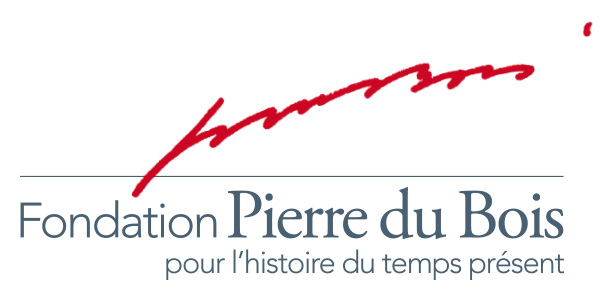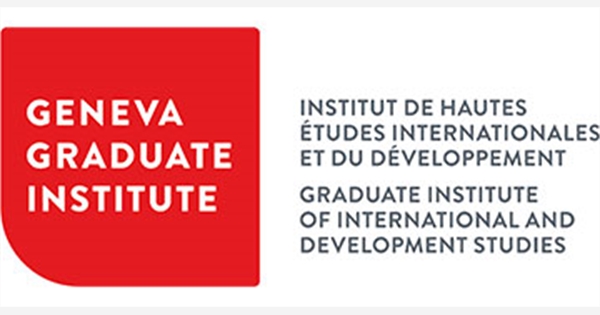Mobile Actors in Global History
3-4 April 2023


The third Annual Pierre du Bois Doctoral Workshop, organized by the Graduate Institute in partnership with the Pierre du Bois Foundation will take place at Maison de la Paix on 3-4 April 2023. The workshop’s title is “Mobile Actors in Global History” and is organized by Anna Diem and Burak Sayim, from the International History and Politics Department.
Please find below the Concept note of the event and the call for papers:
MobileActors_cfp
Concept Note
This workshop aims to bring together historians studying mobile actors and their networks to discuss theoretical and methodological challenges in our work. Studying mobile actors has given scholars a new understanding of connectivities across national and regional borders and tools to challenge commonly accepted demarcation lines and, all in all, explore new and exciting horizons in our craft. But research questions focusing on mobile actors and their networks have also brought about a fresh set of methodological challenges. Following the paper trail left by mobile actors, and particularly non–elite actors, is anything but straightforward, as the historical records of people whose activity spanned across diverse national spaces often do not fit neatly into national and nationally divided archival sources. Ironically, this sometimes fits the intention of the historical actors who used mobility as a method to escape the state. Put differently, historians often find themselves facing the uphill task of tracing transnational stories through national or nationally–oriented archival sources. How can we square that circle? Or, as the Institute of Historical Research has recently asked, “Where are the archives of global history?”
While engagement with itinerant actors is not new in historical scholarship, several developments have recently spurred interest in them: attempts to decentralise the nation state, a shift of focus away from ‘important men’ to non–elite actors, and ‘global history’ following the ‘spatial turn’ have all underpinned this trend. In themes ranging from (oppositional) political organising to the circulation of ideas or commodities, trading networks, migratory flows, diaspora communities, exile, or cultural exchange, mobile actors and cross–border practices have come to the forefront of historical research. Another dimension of mobility often, if not always, connected to geographical movement is mobility through different social, political, or cultural milieus and institutions. On one hand universities, conferences, or periodicals may act as nodes which connect different actors. On the other hand, intermediaries or ‘brokers’ may move through, and hence connect, different milieus and institutions. Tracing single actors’ various involvements and heterodox engagements adds an additional layer of methodological challenges. Our workshop wants to create a platform to discuss these and related questions.
Organizers Bio:
Anna Diem is a PhD candidate in history at the Graduate Institute Geneva. Her SNSF-funded research looks at ideas of progress, debates about culture and cultural politics, and sociology’s political and creative potential in the early 20th century. She is fascinated by the intellectual and physical mobility of intellectuals of that time, and by their drive to organise and create a better world. Among her interests are transnational networks, internationalism(s), ideas about the future, utopias, radical milieus, questions of exile and cosmopolitanism. She has taught Arabic and also worked as a Middle East Analyst for the Swiss migration authorities.
Burak Sayım is a Humanities Research Fellow for the Study of the Arab World at New York University Abu Dhabi. He recently earned his PhD at the International History Department of the Geneva Graduate Institute with a doctoral project entitled “Transnational Communist Networks in the Post-WW1 Middle East: Anti-colonialism, Internationalism and Itinerant Militancy (1919-1928)”, which explores the Cominternian networks in the Middle East and North Africa with a keen eye on global connections. He previously held an Albert Gallatin Fellowship at the University of California, Berkeley. In 2021-2022, he was also a Bucerius Fellow in the Beyond Borders project of ZEIT-Stiftung. His articles have been published and are forthcoming in the Journal of Global History, Itinerario: Journal of Imperial and Global Interactions, Revolutionary Russia, Mashriq & Mahjar: Journal of Middle East and North African Migration Studies and the Journal of the Ottoman and Turkish Studies Association
